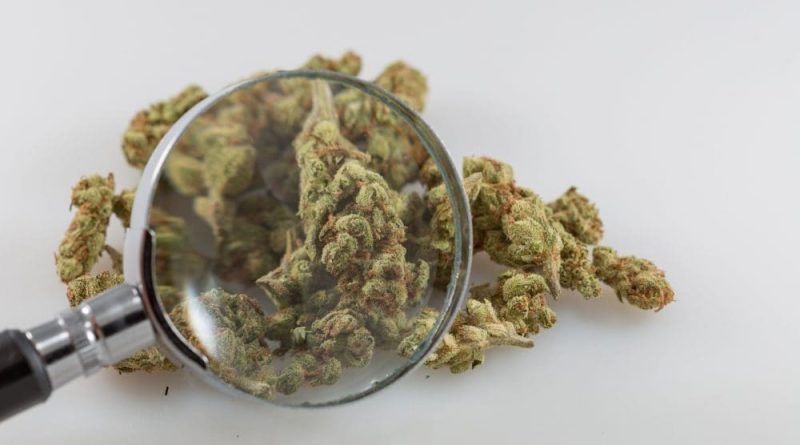Trump Administration’s DOGE Cancels University’s Contract To Monitor Marijuana Potency
From toxifillers.com with love
The Trump administration’s Department of Government Efficiency (DOGE) is touting the cancellation of another marijuana-related federal grant—this time targeting a program that’s long tracked cannabis potency levels in seized illicit products.
The contract has historically been awarded to the University of Mississippi, which for decades was the sole federally authorized cultivator of marijuana for research purposes. But it’s also received funding through the National Institute on Drug Abuse (NIDA) to monitor cannabinoid content such as THC and CBD in confiscated cannabis.
That contract has now been ended as part of DOGE’s mission to make significant government spending cuts.
“In the last two days, agencies terminated 148 wasteful contracts with a ceiling value of $420M and savings of $198M, including a $143K HHS contract for the ‘potency monitoring of confiscated marijuana samples,’” DOGE said in an X post on Monday.
Contract update!
In the last two days, agencies terminated 148 wasteful contracts with a ceiling value of $420M and savings of $198M, including a $143K HHS contract for the “potency monitoring of confiscated marijuana samples.” pic.twitter.com/MnYPvN6jpl
— Department of Government Efficiency (@DOGE) May 6, 2025
According to NIDA, the contract with the University of Mississippi involved analyzing samples of cannabis submitted by the Drug Enforcement Administration (DEA) and state and local law enforcement agencies.
“Samples tested in the laboratory are classified into one of three categories: cannabis (plant material), hashish (dried resin), and hash oil (cannabis extract),” the agency says. “Each sample is analyzed by gas chromatography for the major psychotropic component, delta-9-tetrahydrocannabinol (THC), as well various cannabinoids, including cannabidiol (CBD).”
For what it’s worth, the data collected through the program shows a gradual increase in THC potency and little change in CBD content over the last three decades. Samples collected in 1995 showed an average of 3.96 percent THC, compared to 16.14 percent THC in 2022.
According to USAspending.gov, $30,155.76 of the total $142,839.00 contact amount has already been outlaid to the university.
The government spending site says the contract has now been terminated “for convenience” as of May 1 as part of “implementing the president’s Department of Government Efficiency cost efficiency initiative.
The contract cancellation comes about two months after DOGE separately promoted the end of a grant meant to fund a study examining cannabis use risks among LGBTQ+ individuals, non-binary people and heterosexual women.
Many advocates had hoped that, rather than inhibiting cannabis research, Elon Musk and his team at DOGE would seek to cut costs by targeting agencies such as DEA that have perpetuated marijuana criminalization.
Instead, DEA has ramped up recruitment—recently urging people to join them on the frontlines of the “war on drugs,” even if they currently work as a “coffee barista” or otherwise have a non-law enforcement background.
It was also recently revealed that “marijuana” is one of nearly two dozen “controversial or high-profile topics” that staff and researchers at the National Cancer Institute (NCI) are required to clear with higher-ups before writing about, according to a leaked memo from within the federal agency.
DOGE’s Musk, meanwhile, said in February that he thinks it’s a “great idea” to mandate drug testing of federal employees as he pushes to make massive cuts to government agencies and spending.
In response, a Democratic congresswoman filed a bill that would require Musk and other DOGE workers to submit to drug testing to maintain their “special government employee” status.
While DOGE has made cannabis research-related grant cuts, the U.S. Department of Veterans Affairs (VA) recently announced that it’s looking for contractors to analyze and explain scientific evidence on medical marijuana to clinicians and the general public as part of its Systematically Testing the Evidence of Marijuana (STEM) project.
Pennsylvania Governor Will Put Marijuana Legalization In His Budget, But Top GOP Senator Remains Skeptical


